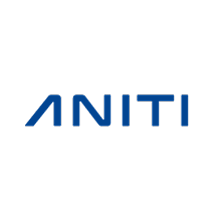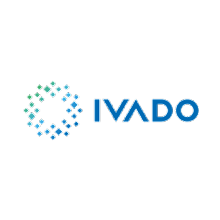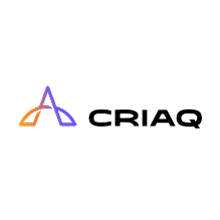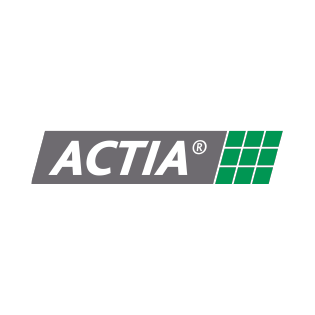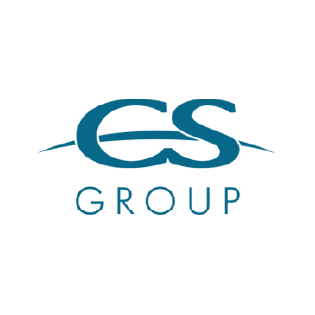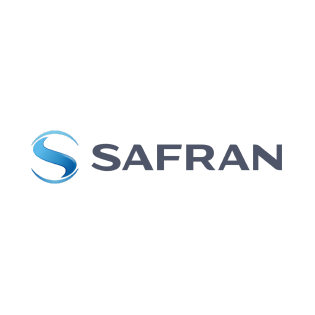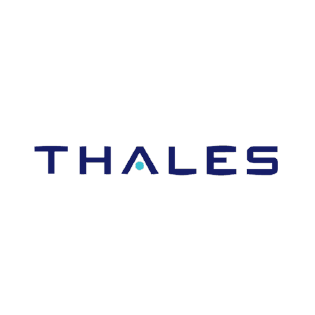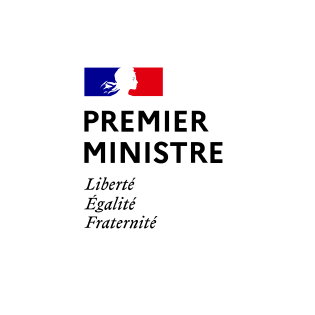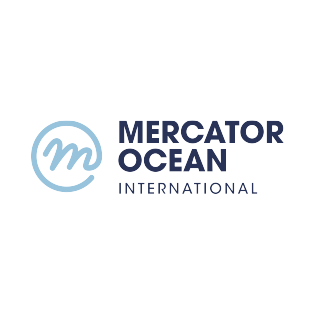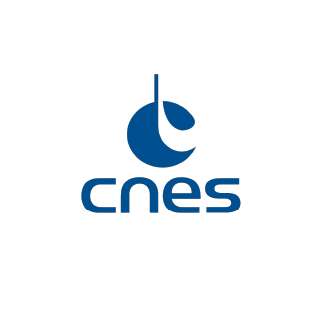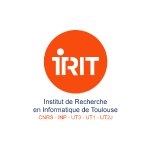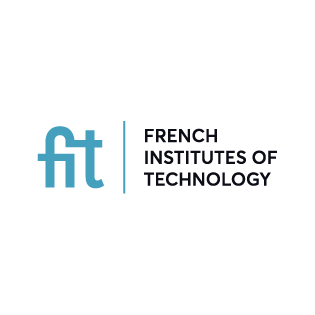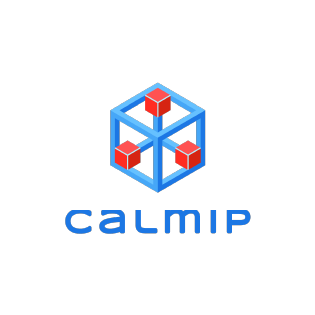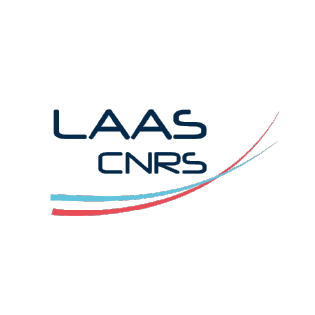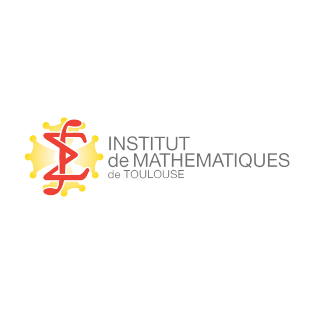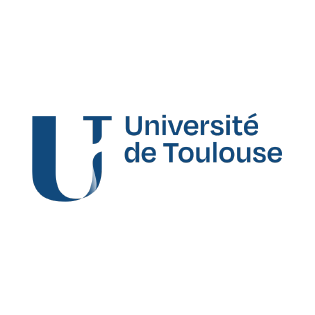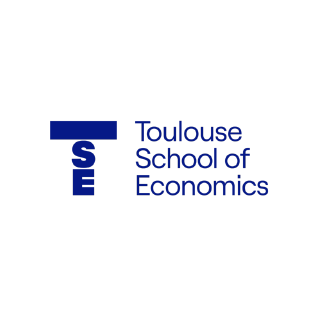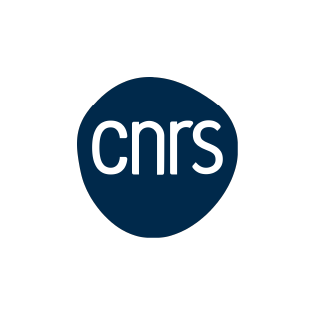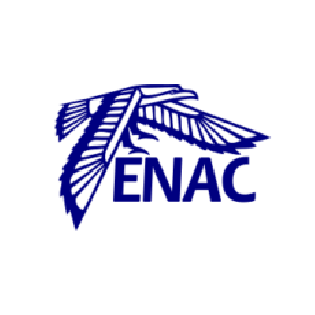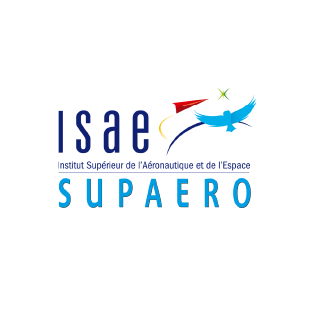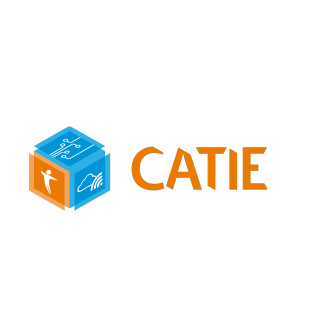
Hybrid gen AI for critical processes
FOR meets the requirements of the Aerospace industry by leveraging Generative AI for critical processes.
2024
Launch
over €90M
Required investment
over 20
Partners already committed
4 pillars to guide the research program
Pillar 1 - Specialized embeddings
A correct and reliable response relies on providing an AI with a proper understanding of a multimodal and domain-specific context.
A good context leads to a good answer and reduces hallucinations.
Pillar 2 - Rose LLM
The value of an LLM lies not in its factual knowledge, but in its ability to correlate and transform textual information.
Controlling the knowledge stored by the model is essential for frugality and sovereignty.
Pillar 3 - Hybridization for LAM
Delegating complete tasks planned by AI is the ultimate goal, but this requires a high level of logical reasoning and knowledge modeling.
Integrating hybrid tools for knowledge management into AI.
Pillar 4 - Explainable & Robust LAM Benchmark
Benchmarking for LAMs focuses on task outcomes rather than the reasoning process.
Hallucinations in LAMs will have critical consequences, so they must be evaluated using a rigorous methodology.
The challenges of generative AI

From data management to knowledge management
A collaborative approach to counterbalance the strong position of today's major players in generative AI.
Leverage synergies between strategic sectors such as nuclear, automotive, aerospace and healthcare.
Hybrid AI approaches, combining data-based AI and knowledge-based AI to achieve several orders of magnitude in terms of frugality and robustness.
Use cases highlighting the formalization and sharing of knowledge as a vector for competitiveness, putting people back at the heart of productivity.
Program objectives
The aim of the FOR program is to identify the scientific and technological obstacles to knowledge management in critical processes, and then to propose solutions that go beyond purely data-based approaches (large language models) and guarantee robustness, repeatability, explicability, frugality and sovereignty.
The program lies at the heart of processes linked to the engineering, development and operations of complex, critical systems in the aerospace and defense industries, and more broadly in the transportation sector.
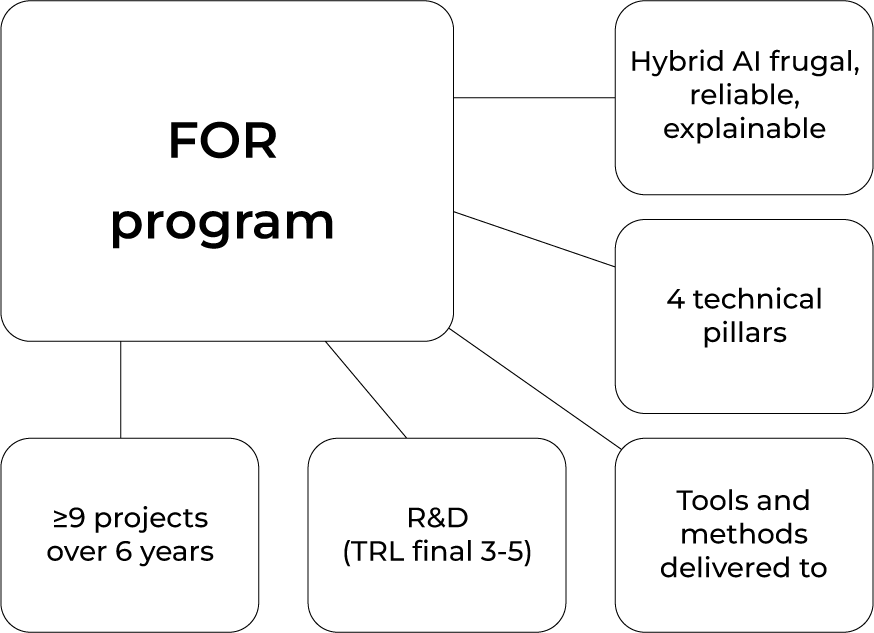
Scientific program co-constructed and updated by the academic and industrial community
9 projects in total:
- IRMA
- RAKEL
- Best integrations
- RAG
- Rose LLM
- LAM Benchmark
- LAM Hybridization
- LAM Explicability
- Embeddings Domain adaptation
Among them, 3 projects have already been launched:
- Better Embeddings: 5M€ and 9 FTEs
- IRMA : 3.5 M€
- RAKEL: 3.5 M€, 5 FTE
- +3 PhDs
2 deliverables for companies
RAG is all you need
All industries are currently deploying RAG solutions, with mixed success.
Better adapted, less costly and more efficient RAG solutions will bring immediate benefits to all industries.
Creating open datasets that “look like” enterprise data
Trusted Large Action Model
LLM and LAM agents will be the next revolution in business (after multimodal models). But they don't work yet.
They will need specific training data and specific benchmarks.
It is essential to create standards for LAMs and LLM agents so that they can be deployed in critical areas.

Financing and management framework
€90M FRANCE 2030 non-structural
A component in Quebec co-financed by a consortium comprising at least industrialists, IVADO and its academic members, and CRIAQ.
The first projects were set up in France under the IRT mechanism (France 2030 structural) and co-financed by industrialists and ANITI.
The aim is to move towards non-structural France 2030 and other DGA-type funding.
€60M France and €30M Quebec
84% IRT Saint Exupery
16% Collaborations
Breakdown of French share
34% Private financing
33% France 2030 Non-Structural
17% DGA, EDF
8% IA Clusters
8% Horizon Europe

Contact us
Contact our Business Development team



